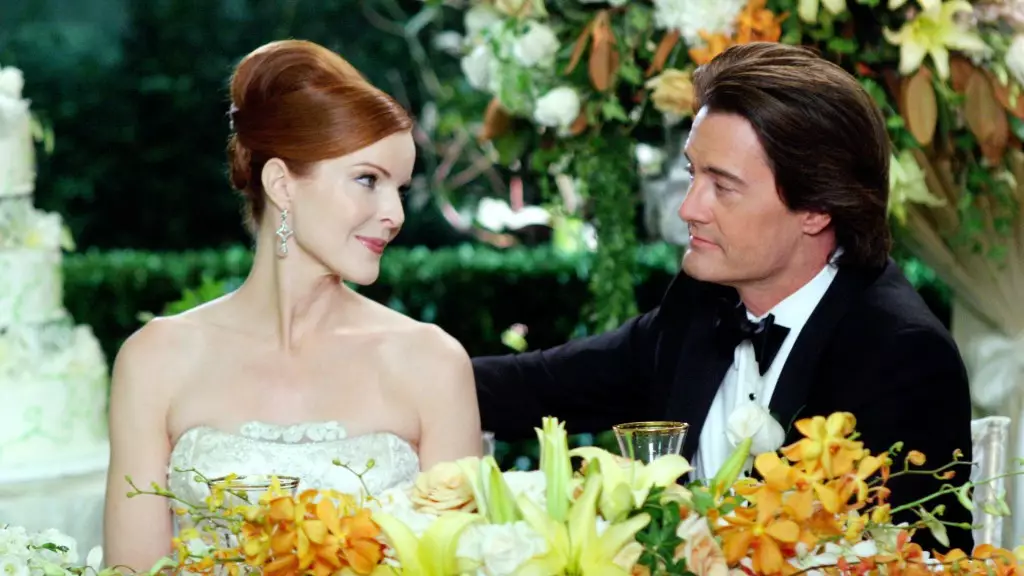The prospect of bringing *Desperate Housewives* back to life sparks both excitement and scrutiny. While nostalgia often carries a sentimental value, it’s crucial for any reboot to transcend mere revival and offer something fresh and compelling. The idea of revisiting Wisteria Lane prompts us to reflect on what made the original series resonate—its sharp wit, layered storytelling, and complex characters. Simply resurrecting familiar faces or settings risks nostalgia for nostalgia’s sake, which can undermine the potential richness of what could be a groundbreaking series for today’s audiences. Success hinges on balancing respect for the original with innovative storytelling, character development, and contemporary themes that speak to current societal issues.
Returning Characters and Reinvented Narratives
The possibility of actors like Kyle MacLachlan returning as Orson Hodge highlights the challenge of evolving beloved characters. MacLachlan’s openness underscores a deeper question: how do past characters adapt to or influence the revamped series? Does their presence serve as nostalgic callbacks or meaningful continuity? In his own words, MacLachlan emphasizes the importance of approaching the role with a fresh perspective—treating it as “something completely new.” This mindset is essential; characters must grow or be redefined to avoid stagnation. Reboots that cling too tightly to original traits often fall flat, alienating both old fans and new viewers. The series should aim to reintroduce familiar faces in ways that deepen their stories, aligning with societal shifts and new narrative arcs.
From Classic Soap to Contemporary Social Dialogue
The original *Desperate Housewives* was more than a pretty suburban façade; it was a commentary on facades, secrets, and societal pretenses. If the reboot takes cues from upcoming projects like Kerry Washington’s *Wisteria Lane*, it could evolve into a platform that explores modern issues through the lens of its fictional community. The new iteration promises a “darkly comedic soap/mystery” centered around diverse characters with intertwined secrets. This approach offers an intriguing opportunity to scrutinize contemporary social dynamics—privacy versus transparency, diversity, gender roles, and the façades individuals maintain—much like the original did but with contemporary nuance. The challenge lies in crafting stories that are both entertaining and insightful, fostering a series that’s not just nostalgic but culturally relevant.
The Future of Wisteria Lane: Balancing Legacy and Innovation
The potential of Wisteria Lane lies in its ability to weave past and present into a compelling tapestry. The series must honor its roots by capturing the original’s satire and social critique, while daring to explore new territory. The key question is whether the reboot will prioritize character-driven storytelling or lean towards spectacle. If the creators succeed in blending the familiar with the innovative, Wisteria Lane could once again become a cultural phenomenon. It’s not enough to merely revisit the setting; the new series must challenge viewers, reflect current societal tensions, and redefine what a “desperate housewife” means in today’s world. Ultimately, the strength of this revival will depend on its capacity to surprise, provoke thought, and resonate emotionally—transforming Wisteria Lane from a nostalgic memory into a bold statement on modern life.
